Observers in the western U.S. can catch the shadows of Io and Europa dotting the disk of Jupiter just before sunrise.
West Coast observers can…

Observers in the western U.S. can catch the shadows of Io and Europa dotting the disk of Jupiter just before sunrise.
West Coast observers can…

The UK’s biggest banks are gearing up for yet another fight with regulators over how they’ll compensate consumers who were missold car loans — even after they set aside an additional £1.5 billion to resolve the saga in recent weeks.
Barclays Plc on Wednesday said it had roughly quadrupled the amount of cash it has set aside to compensate customers who were impacted by the scandal. One day later, Lloyds Banking Group Plc saw its pre-tax profit in the third quarter slump 36% because of an additional £800 million charge tied to the matter.
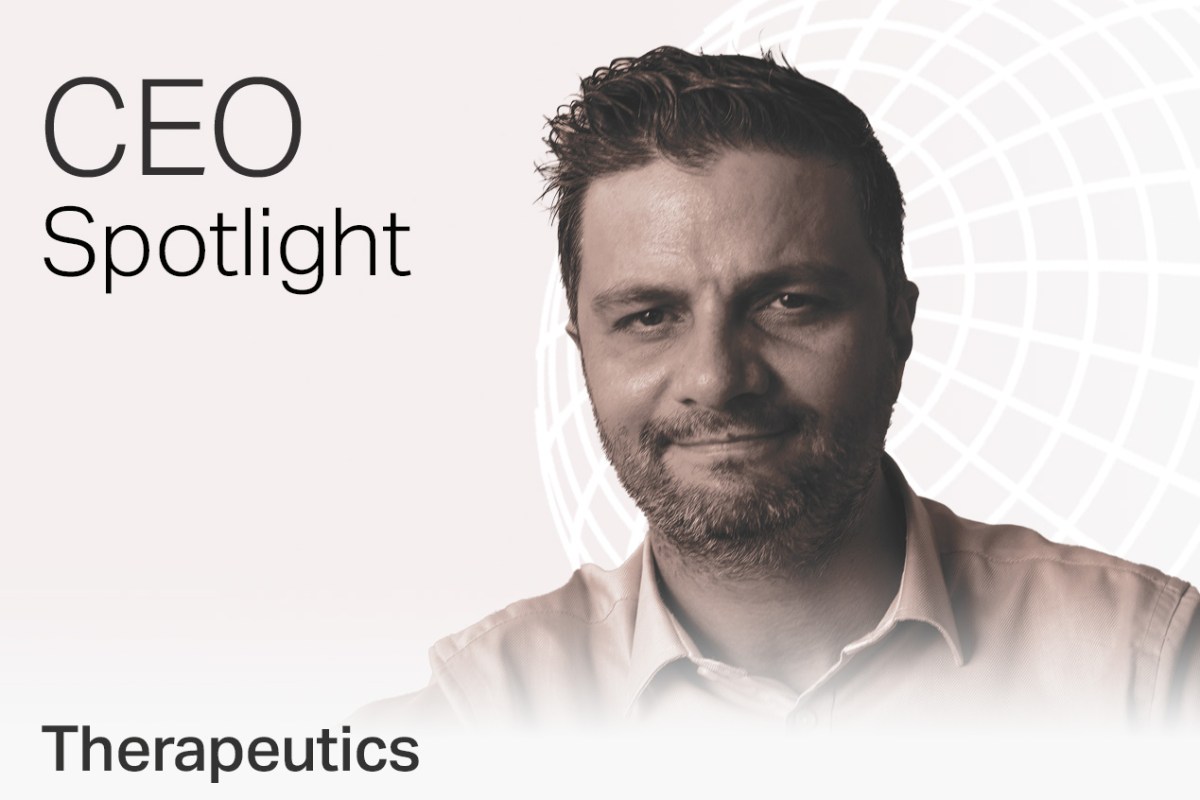
Founded in 2019, HAYA Therapeutics aims to pioneer an approach to treating disease by turning sick cells back into healthy ones. The start-up is currently developing a very specific therapy for heart failure and is about to begin the three challenging phases of clinical trials. If successful, the novel approach could be used to treat a wide range of common, chronic, and age-related diseases.
HAYA Therapeutics has so far raised around $90 million (CHF72 million) and benefitted from investor confidence, but the next steps to success could be challenging, including gaining market authorisation, CEO and co-founder Samir Ounzain tells Swissinfo from his headquarters in Lausanne.
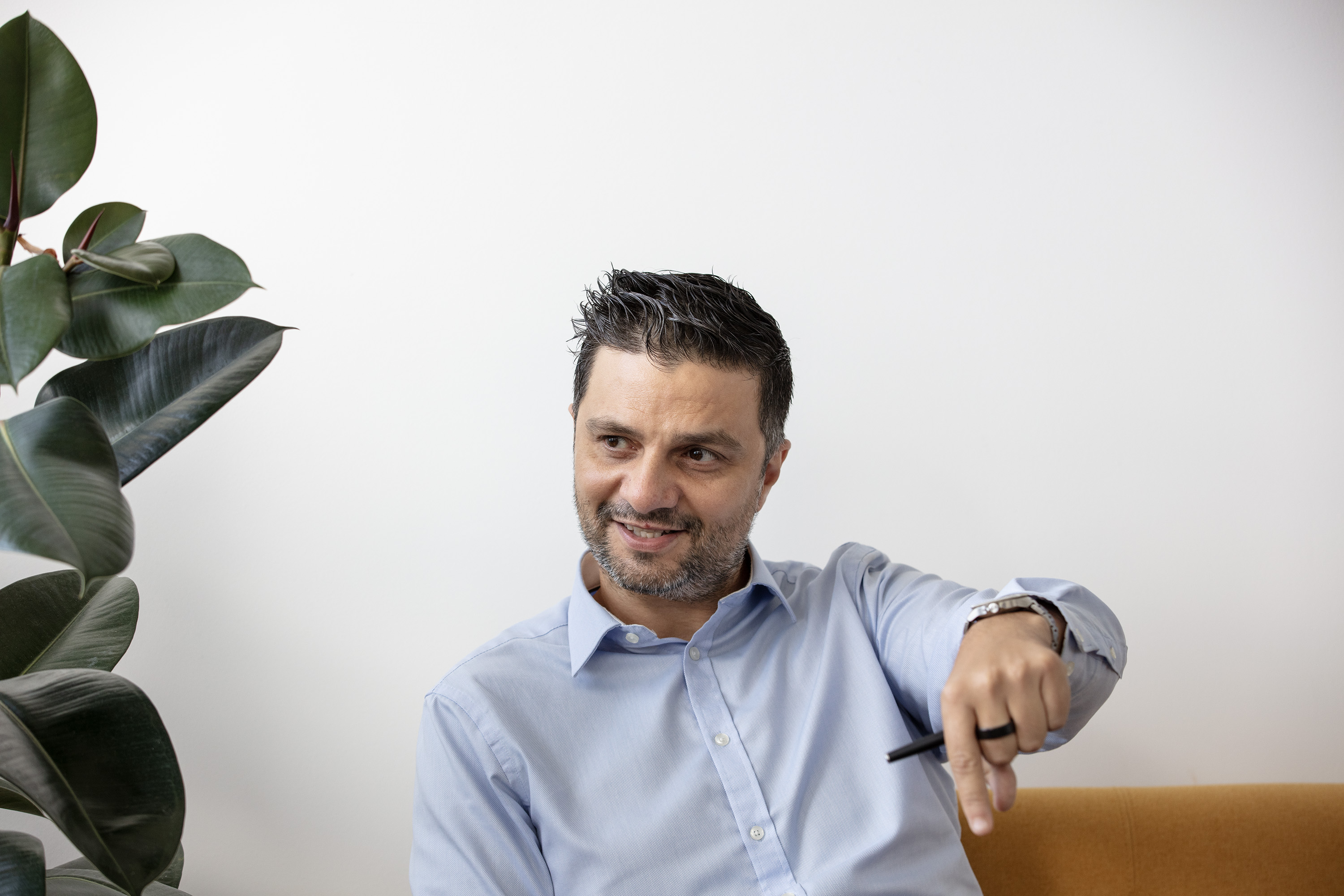
Swissinfo: You are British, you studied in the United Kingdom but you decided to set your start-up in Switzerland. How come?
Samir Ounzain: Switzerland is an excellent place to translate academic ideas into commercial products. As a start-up, we received a great deal of support. We are also located at the BiopôleExternal link campus, near Lausanne, which is fully dedicated to life sciences. This campus brings together ambitious start-ups, major multinational companies, and research institutions, while providing state-of-the-art research facilities.
We also benefit from the long legacy of Switzerland’s pharmaceutical industry. In my view, the main asset here is access to talent – both those trained in Switzerland and Europeans attracted by the country’s high quality of life and professional opportunities.
Swissinfo: You also have a structure in the United States focused largely on fund raising and then market access. Why was this important to you?
S.O.: Our goal is to make the fastest and most significant impact on patients in need by pioneering a completely new approach to drug discovery and development. For this reason, we have taken a global perspective: we seek the very best in the world in terms of partners, suppliers, talent, financing opportunities, and market attractiveness – rather than focusing only on Switzerland.
That said, we are very satisfied with our Swiss-American structure. As mentioned, Switzerland remains an excellent place to attract talent and is highly respected in our field. The United States, meanwhile, offers unmatched opportunities in terms of financing, seasoned biotech operators, and market size.
Switzerland and Europe still have room for improvement when it comes to scaling up their start-ups. It is very rare for companies that are less than ten years old to reach ‘unicorn’ status (valued at over $1 billion), particularly in the life sciences sector.
Swissinfo: Swiss tax laws require company founding owners to pay heavy taxes based on the virtual valuation of their start-ups. Is this a hurdle for your future expansion in Switzerland?
S.O.: Yes, Switzerland is one of the few countries worldwide that taxes wealth. For start-up founding owners, this tax can amount to around 1% of the valuation set by external investors. For instance, if a start-up is valued at CHF1 billion, its shareholders – including the founders, who typically receive modest salaries – must pay every year CHF10 million in wealth tax.
Although the tax shield scheme [which caps the cantonal taxes at 60% of taxable income], mitigates the impact of this issue, remaining in Switzerland can still be challenging for entrepreneurs. The problem lies in the sharp discrepancy between a start-up’s virtual valuation, which is based on its potential for long-term success, and the actual liquidity available to its founders. Finding a solution to this enormous challenge would benefit the Swiss start-up ecosystem.
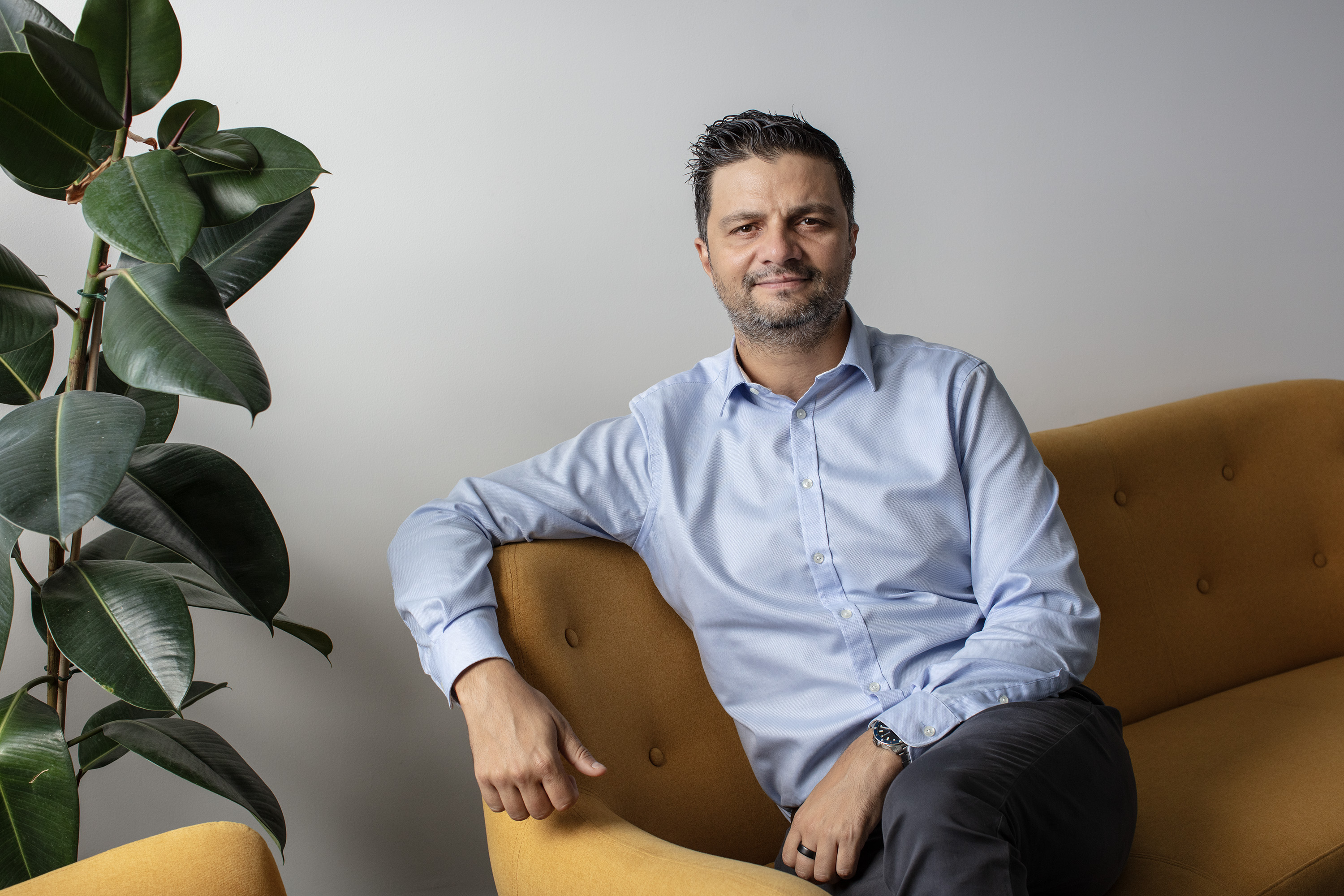
Swissinfo: You raised about $90 million. Like other promising start-ups, your investors are foreign, namely from the US and EU countries. Does this encourage you to relocate closer to them?
S.O.: In Switzerland, early-stage financial support, such as seed financing, is widely available. However, later-stage growth capital is much scarcer. In our case, for example, most of our current investors are based abroad. In our most recent financing round, which raised $65 million, the lead investors were Sofinnova Partners (with offices in Paris, Milan, and London) and Earlybird Venture Capital (with offices in Berlin, London, Milan, and Munich).
Generally, international investors view Switzerland positively in terms of reliability and innovation and do not systematically push companies to relocate. However, at HAYA Therapeutics, we decided to establish an affiliate in San Diego to be closer to the US market, experienced biotech operators, and US investors. This last point is crucial: American investors typically have a significant appetite for risk and bold ideas.
Swissinfo: Bringing a new medicine to market usually costs around $1 billion, largely due to very expensive and extensive phase 3 clinical trials. How do you plan to finance this?
S.O.: Indeed, significant funding will be required in the future. We plan to begin the first phase of clinical trials for our lead product early next year, with the immediate goal of demonstrating safety and early signs of efficacy. If successful, several financing options should open up, including growth funds, partnerships with large pharmaceutical companies, or an initial public offering (IPO) – likely on Nasdaq in New York. Our awards, particularly our designation as a Technology Pioneer by the World Economic Forum (WEF), enhance our visibility and credibility, thereby strengthening our position in securing the necessary financing.
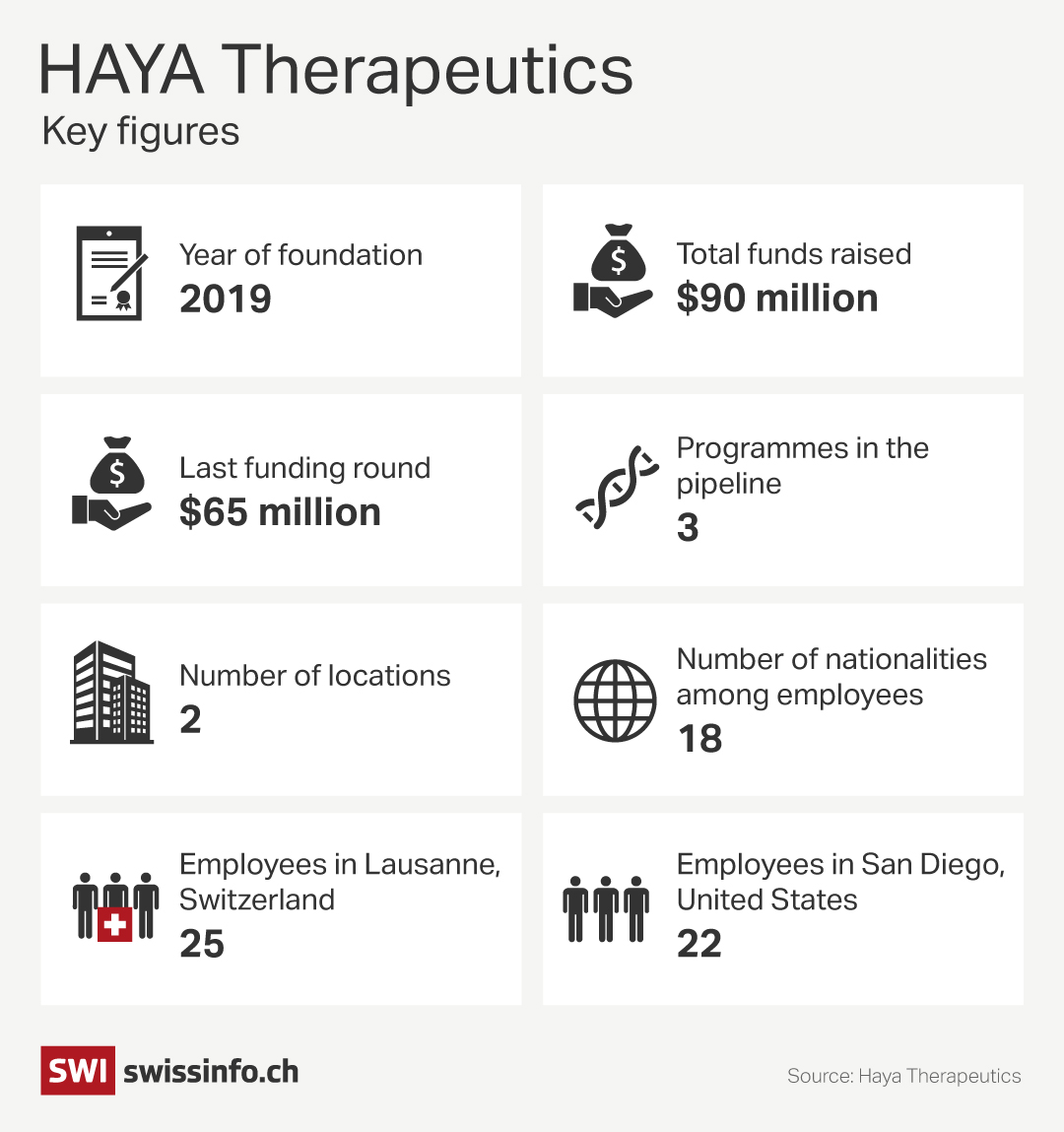
Swissinfo: It is prohibitively expensive for a start-up to seek worldwide regulatory approval. Where do you plan to seek market authorisation for your therapy first?
S.O.: Each country or bloc (for example the European Union) has its own regulatory framework. Targeting all of them at once is indeed too costly for a start-up. Our current priority is to conduct clinical trials aligned with US requirements of the Food and Drug Administration (FDA), since the US is the largest market for us.
We aim to be capital-efficient. Therefore, we are considering conducting parts of our clinical trials in jurisdictions that are more cost-effective and offer faster patient recruitment. This would allow us to accelerate our development timelines while remaining compliant with regulatory requirements.
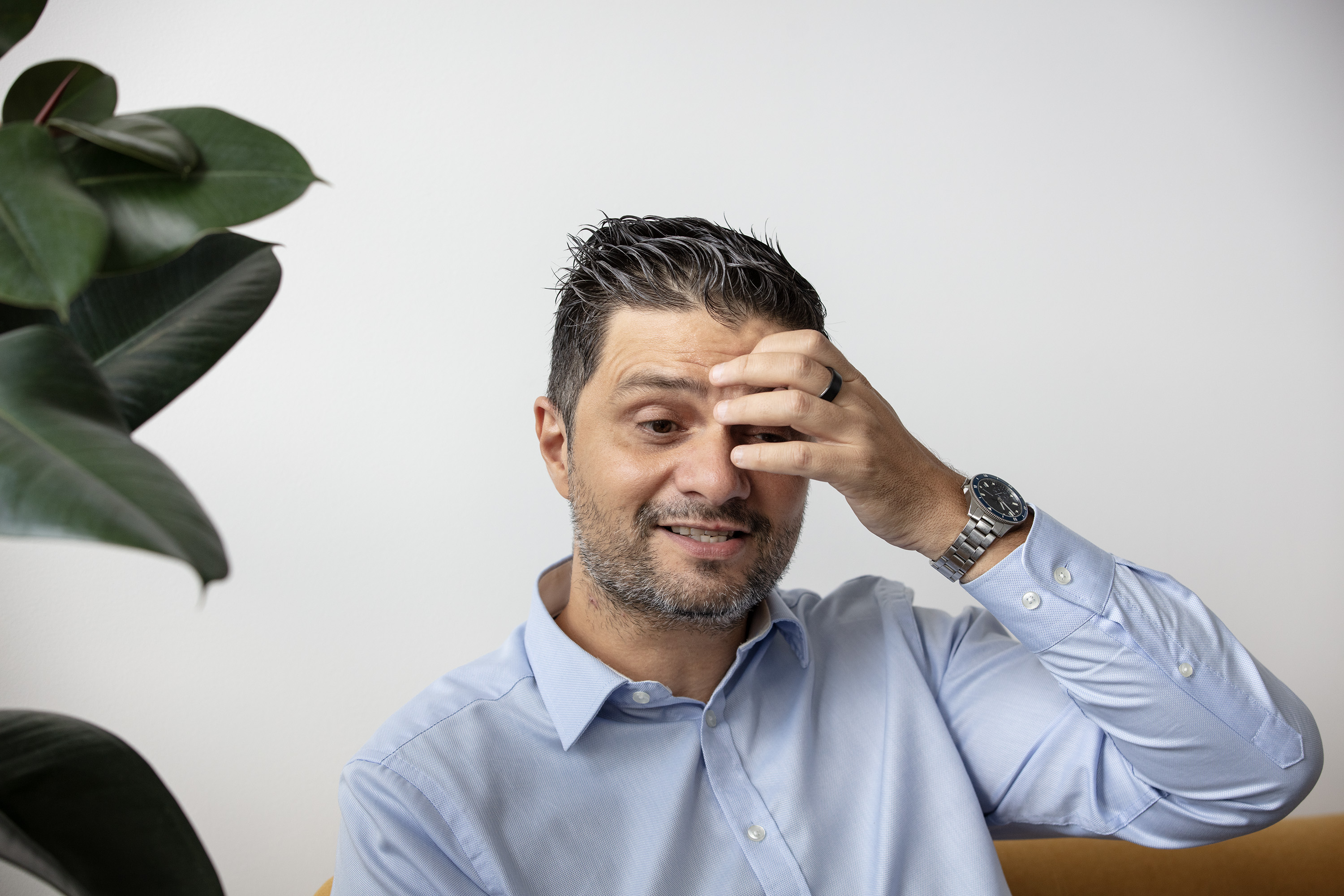
Swissinfo: Your lead product, a therapy for heart failure, targets a very specific market. Is this to maximise your chances of success?
S.O.: Our lead product, HTX-001, is a targeted therapy for heart failure, focused on non-obstructive hypertrophic cardiomyopathy. This therapy represents a novel approach: treating cells that behave abnormally. Importantly, if we can prove that modifying cellular states delivers positive outcomes for this indication, we can then apply our methodology to a wide range of common, chronic, and age-related diseases such as hypertension, metabolic disorders, cardiovascular diseases, Alzheimer’s, and cancer.
Swissinfo: Drugs are getting more expensive to develop and bring to market. How can you ensure patients access your therapies?
S.O.: We are guided by a clear principle: bringing to market medicines that are safe, needed, effective, and accessible. Our ultimate mission is to address the unmet needs of up to ten million patients. This means our medicines must be made available at affordable prices, partly through reimbursement schemes.
As mentioned, we aim to transform the way the industry approaches drug discovery and development. The therapies we develop (based on RNA) are naturally programmable and relatively easy to scale up. Manufacturing and overall costs remain comparatively low, which reinforces our confidence that our medicines will be affordable.
Edited by Virginie Mangin/ts

Welcome back to Beauty Marks: Vogue’s weekly edition of the best moments in celebrity beauty, from Vogue editors’ IG feeds, and all the glam of the fashion and pop culture landscapes. Each week, we curate the nail art to pin for your next…

When HAL 9000, the artificial intelligence supercomputer in Stanley Kubrick’s 2001: A Space Odyssey, works out that the astronauts onboard a mission to Jupiter are planning to shut it down, it plots to kill them in an attempt to survive.
Now, in…
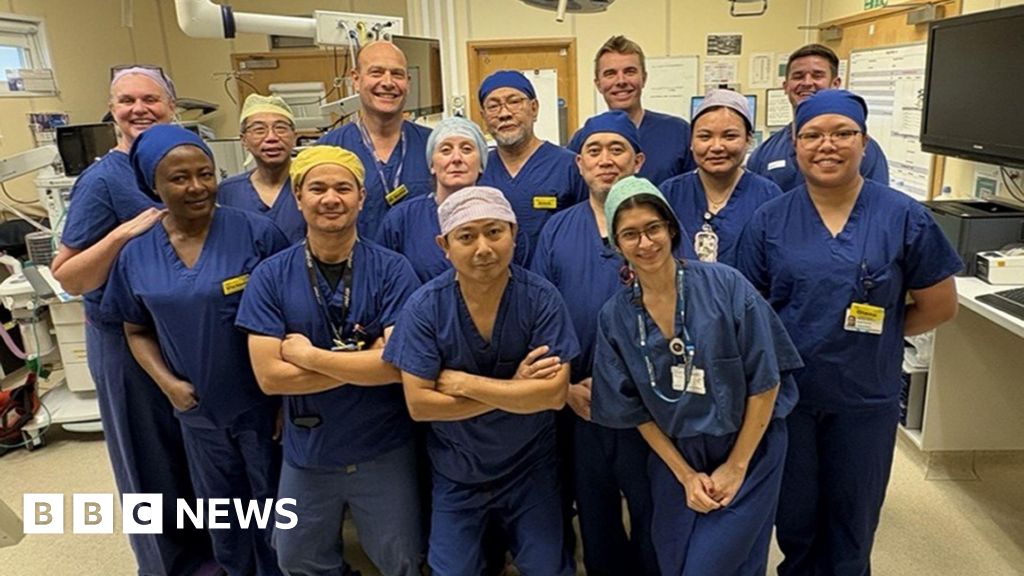
A hospital has said it performed a record number of pioneering procedures in one day in a bid to help curb its backlog.
Frimley Health NHS Foundation Trust said it used aquablation therapy – a robot-assisted waterjet technique – to treat 12…

Paris 2024 champion Carlos Yulo captured the vault gold medal on Saturday (25 October), claiming his second podium finish and first win of the 2025 World Gymnastics Championships in Jakarta, Indonesia.
He won the floor exercise bronze on Friday…

– Advertisement –
MULTAN, Oct 25 (APP): The district administration on Saturday announced a zero-tolerance policy to control dengue.
According to a spokesperson,Deputy Commissioner (DC) Waseem Hamid Sindhu directed officials to intensify dengue…